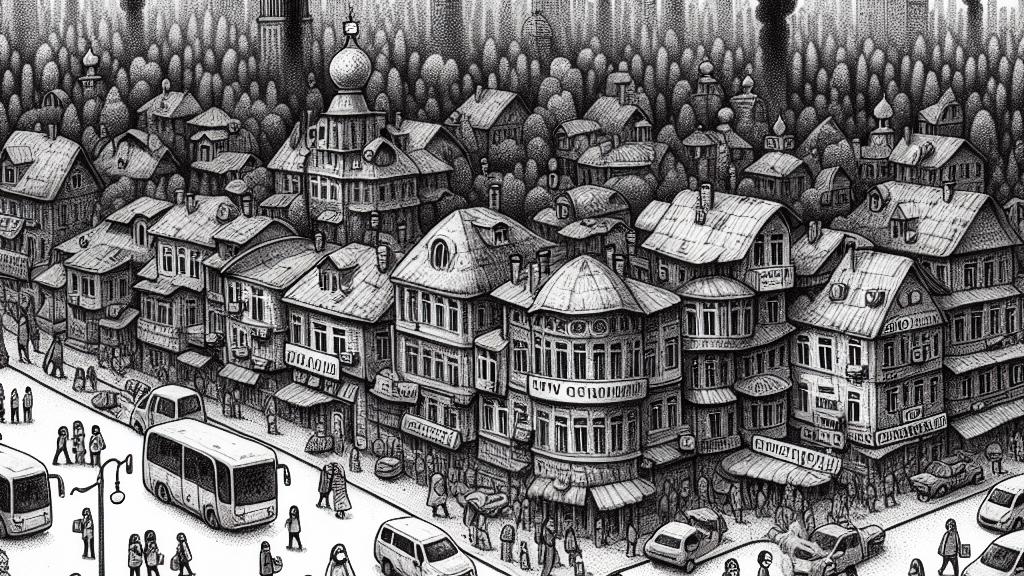Air Quality Crisis: Kyiv Residents Urged to Stay Indoors Amid Pollution
Overview
- Kyiv faces a severe air pollution crisis, with residents urged to stay indoors.
- Wildfires and autumn temperature shifts significantly worsen air quality.
- The city now ranks among the most polluted in the world, sparking health concerns.

Critical Air Quality Situation in Kyiv
On September 20, 2024, residents of Kyiv, Ukraine, awoke to a dense, suffocating haze that enveloped the city, prompting urgent warnings from health officials urging everyone to remain indoors. This alarming scenario was primarily driven by raging wildfires and the burning of peatlands in the region, combined with the typical temperature fluctuations associated with autumn. Reports indicated that Kyiv topped global pollution rankings, a stark reminder of the city's pressing air quality crisis. Streets were filled with concerned individuals wearing masks, while others closed windows in hopes of keeping the toxic air at bay.
Health Risks Associated with Air Pollution
The air in Kyiv is laden with dangerous fine particles known as PM2.5, which pose substantial health risks. Immediate effects may include respiratory irritation and headaches, but the long-term consequences can be far more serious, leading to chronic ailments such as heart disease, asthma, and reduced lung function. A staggering statistic reveals that around 9 million premature deaths are linked to air pollution globally each year, underscoring its role as a principal environmental threat. In light of these dangers, local authorities have specifically advised sensitive groups, like the elderly and those with underlying health conditions, to limit outdoor activities and consider the use of air purifiers to alleviate the dangerous situations at home.
Wider Implications of Increasing Wildfires
The surge in wildfires, not only in Ukraine but globally, is closely intertwined with climate change, which intensifies conditions conducive to such disasters. These destructive fires do more than just burn vast landscapes; they release copious amounts of smoke that travel for miles, affecting air quality in cities far beyond their immediate vicinity. For instance, wildlife in the vicinity often experiences life-threatening challenges, as animals instinctively seek shelter from flames and smoke—some take refuge in deep burrows, while others flee to safer areas. This worsening air quality isn’t just an ecological concern; it leads to chronic health issues for humans. Hence, it’s imperative for communities and governments alike to adopt rigorous measures to combat air pollution and safeguard both public health and the environment for future generations.

Loading...